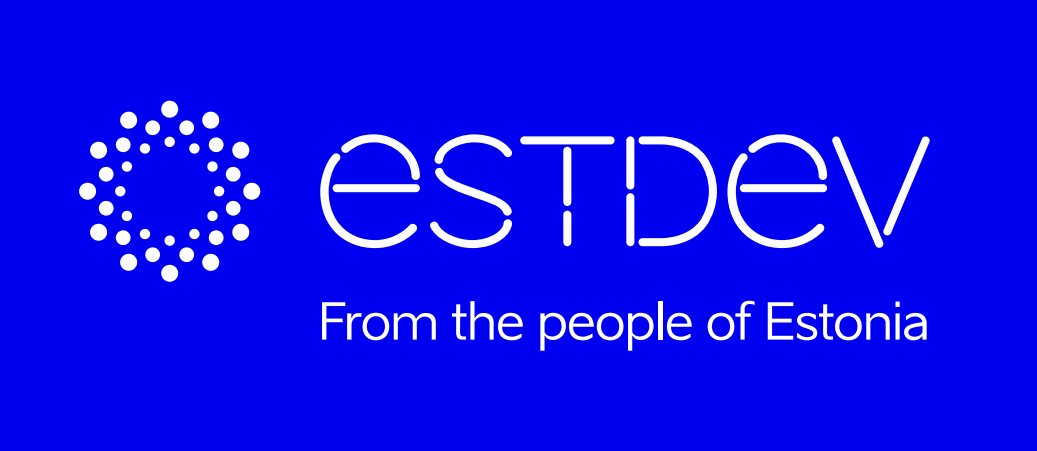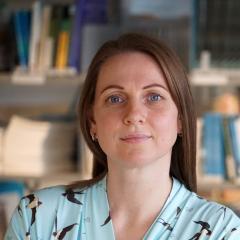
Educational Innovation and Leadership microdegree programme 2025
School of Educational Sciences
Educational Innovation and Leadership microdegree programme aims to inspire those seeking to lead needed change in their context all over the world. Estonia has managed to steadily improve its education system and student performance as measured by PISA to become a global leader in education. The microdegree programme offers practical and theoretical knowledge about educational renewal. It helps participants build a deeper understanding of: the complexity of education; how to analyse and solve related challenges; how to influence and lead change; evidence-based know-how about Estonian education success story as it relates to PISA test results. The Estonian Education Success Story: Learning to do what works!
-
Learn about practical tools and state-of-the-art knowledge on educational innovation that you can apply in your daily work!
Educational Innovation and Leadership microdegree programme's ECTS can be transferred to Educational Innovation and Leadership or any other relevant Master's Degree programme at Tallinn University (prior confirmation needed).
Educational Innovation and Leadership is an microdegree programme tailored for working professionals in the educational sector, who are interested in gaining insights into how to lead innovation in education. This includes people who wish to learn about the primary influences on student learning, how to support teachers and schools in taking these into account and how in general to prepare for leading evidence-based innovation in education.
- Join a global network of educational innovators and leaders.
- Lead the future of education innovation.
- Fast-track your growth as an education leader.
If you are working at or with any level of the education system and wish to enhance your professional knowledge and skills, then this study programme is for you! This includes:
- teacher educators;
- school leaders, teachers and other representatives of general education;
- national and local government officials;
- university academic and non-academic staff;
- representatives of non-governmental organizations.
The focus areas of the curriculum are
- Key influences of student learning.
- Educational innovation.
- Evidence-based change management.
- Modern educational leadership competencies.
- Estonian education success story.
If you wish to further enhance your competencies in the field of educational innovation and leadership, you are welcome to join our international master's programme Educational Innovation and Leadership.
Why study with us?
Estonia has transformed its educational system to one of the most advanced ones in the world being a role model for digital education. Estonian pupils ranked first in the PISA 2018 results among the European countries in all three domains and fifth among the OECD countries. Results come with a high satisfaction in student’s lives, on average 70% (OECD 67%). Additionally, according to CEPS Estonia is rated as being the most prepared country in Europe for digital lifelong learning. How did this transformation happen, what does it mean? And how can other countries learn and benefit from this experience? These questions will be answered during the course.
Tallinn University has been the leading teacher-education institution in Estonia since 1919, previously known as Tallinn Pedagogical University and Tallinn Teachers' Seminary. Our academic staff consist of the top leaders in education, who have helped to design the current educational system at school’s and state level. We collaborate with our partners from Estonia and other countries in order to provide our students with the highest level of professional competences.
Study method
Studying includes both face-to-face and distance learning in a Zoom environment. There will be:
- pre-reading and other tasks;
- interactive lectures, seminars, webinars;
- individual work;
- group work.
In addition to working at or through the Tallinn University facilities study visits to educational institutions will take place.
Admission requirements
- A minimum of Bachelor’s degree or an equivalent from an accredited institution.
- A minimum B2 level of English language proficiency.
Application deadlines
- December 13, 2024, submission of an application and covering letter (your motivation for taking the course).
At a minimum, the letter should state why you wish to take part; what knowledge and skills you bring to the course (e.g. work experience); how you hope to use what you learn.
Covering letter is evaluated by the following criteria:
1) purpose: clearly stated goal;
2) experience: relevance of work experience and skills in reference to the microdegree.
3) influence: clarity of vision in how to apply learning from microdegree.
4) writing: quality of language and criticality of thought. - December 19, 2024, selection of the participants.
- December 20, 2024, feedback to the candidates.
Study sessions
- January 22 and January 29, 2025, in Zoom (2 hours each).
- March 31 until April 11, 2025, at Tallinn University, Estonia (full days).
- June 10, 11 and 12, 2025, in Zoom (2 hours each).
The Educational Innovation and Leadership microdegree programme consists of two modules
Drivers of Evidence-based Innovation in Education (6 ECTS)
- What May Matter Most.
- Key Triggers/Concepts Needed for Leading Educational Renewal.
- The Power of Context.
Learning Educational Innovation (6 ECTS)
- Curriculum: Embodiment of the Vision.
- Teachers and Leaders.
- Leading Educational Renewal.
Academic Staff
Eve Eisenschmidt in Estonian Research Information System
Scholarships
Tallinn University School of Educational Sciences’ project "Scholarships to create learning opportunities for students from developing countries in Tallinn University's educational innovation and management microdegree programme" enables third-country educational specialists to obtain a microdegree in Educational Innovation and Leadership at Tallinn University. The project is supported from the development cooperation scholarship programme by ESTDEV - The Estonian Centre for International Development.
The project covers the tuition fee for all together 21 students from Armenia, Botswana, Georgia, Kenya, Moldova, Namibia or Uganda, and contributes to payment of living expenses and travelling costs.

Supported by ESTDEV – Estonian Centre for International Development
Contact information
